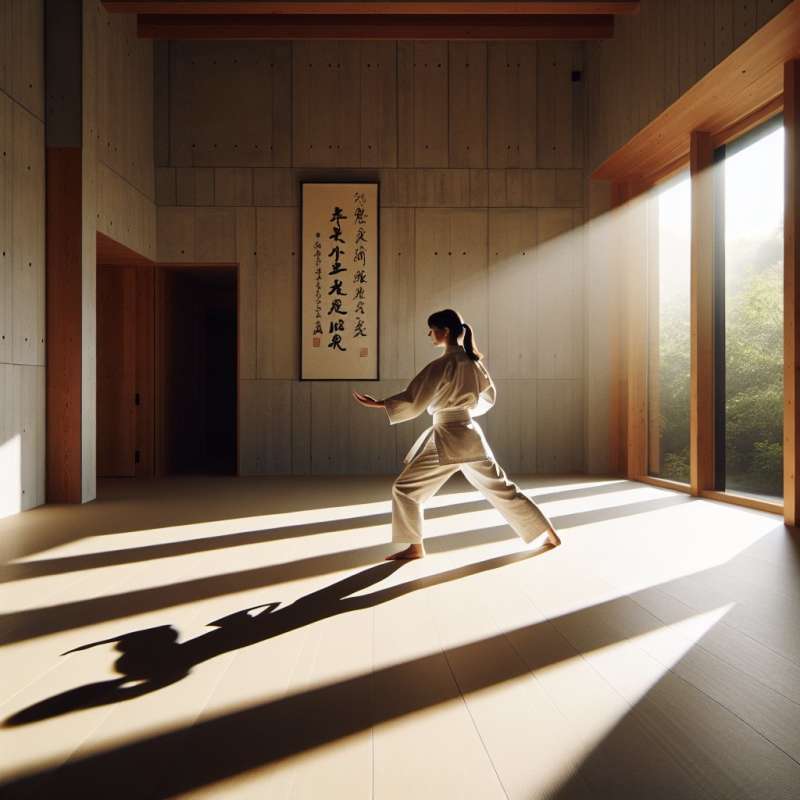
Minimalism in Martial Arts
Minimalist martial arts focus on efficiency, stripping techniques to core movements. Emphasis is on practicality and simplicity, avoiding ornamental or non-essential techniques.
Origins and Philosophy
Rooted in ancient practices, minimalist martial arts are influenced by the philosophies of Zen and Taoism, which advocate for simplicity and naturalness in life and combat.
Popular Minimalist Styles
Jeet Kune Do, created by Bruce Lee, exemplifies minimalism in martial arts, focusing on direct movements. Krav Maga, with its no-nonsense approach, is another example.
Training and Techniques
Training emphasizes mastering a limited set of moves for various scenarios. Practitioners refine these to react instinctively and effectively, prioritizing speed and directness.
Mental Minimalism
The mental aspect involves clearing the mind of distractions, allowing for quicker reactions and decision-making. This mental minimalism is as crucial as physical technique.
Adaptive Combat Strategy
Minimalist martial arts are adaptive, encouraging practitioners to modify techniques to suit their strengths and the specific situation, rather than following rigid forms.
Real-World Applications
The practicality of minimalist martial arts makes them highly effective for self-defense and law enforcement, offering solutions for real-world violent encounters.
What do minimalist martial arts emphasize?
Ornamental, complex movements
Simplicity and practical techniques
Large set of diverse moves
Company